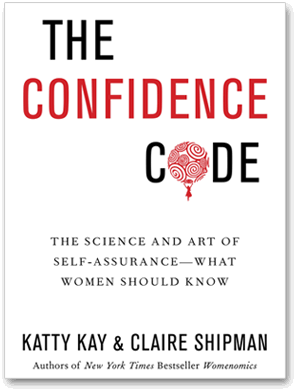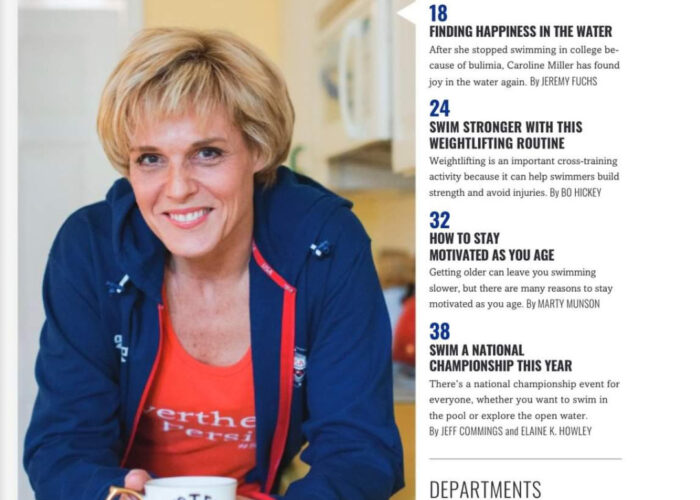When They Really Need Confidence To Take the Right Risks?
Katty Kay and Claire Shipman Argue in “The Confidence Code” That Women Need to Take More Risks To Succeed in New Ways and Live Without Regrets
This week I spoke to a group of men and women about risk-taking, happiness and goals and success. My book, “Creating Your Best Life,” had been selected as their monthly business read, but before I got going I asked them what they would regret not doing with their lives if they didn’t start preparing now.
One man said that he was going to call his football coach after our meeting and thank him for his guidance because he didn’t want to regret not letting him know how he felt about the many life lessons the coach had taught him. Two female business owners said that they wanted to spend more time with family members than worrying about work, including giving growing children unique attention before it was too late. Another woman said that she was worried that she was putting herself last in her commitments to work and family, which was compromising her health and zest for life, and that she had to begin taking better care of herself. One added that she wanted to break away from a restrictive corporate culture so that she could launch her own business instead of just thinking about it.
In the course of our discussion, we touched upon the message in the new book by
journalists Katty Kay and Claire Shipman, “The Confidence Code,” which says that women have made the historical mistake of believing that competence would be rewarded at work, when confidence – mostly exhibited by men – is what ends up being the more valuable commodity.
Confidence, which is highly correlated with the trait of “self-efficacy,” is what leads people to believe they can tackle assignments that are out of their comfort zone, volunteer for leadership positions while quaking internally, and sign up for athletic challenges before having the requisite training under their belt. Why do they do this? Because they believe that they will find ways to accomplish these new goals, regardless of what it will take, and as a result they put themselves in a better position to succeed. And succeed they do!
Examples from the book:
- Women working for Hewlett-Packard only applied for promotions when they met 100% of the criteria, while men felt ready for a promotion when they had only 60% of the suggested criteria
- Men initiate salary discussions 4 times more often than women do, and when women do negotiate salary changes, they ask for 30% less money than men do
- In a test of scientific knowledge, although women and men scored almost statistically the same, women estimated that they got more answers wrong then men did
Going back to this week’s discussion at the book gathering, I thought about how the regrets that were brewing in the female participants’ minds around taking care of themselves, finding time for valuable relationships, and playing a bigger game in their professional ambitions. Why hadn’t they taken action yet to make the changes they longed for? Were they waiting for permission? Wondering if they truly deserved the happiness they felt sure they’d have if they took the risks? Unsure of how to proceed so they were stuck?
The answers are probably all of the above, and even more, but if these women truly had a strong sense of inner confidence that they’d find a way to go after what they longed for, had the strength to weather any challenges that came their way, and that they’d have a wellspring of friends and family to assist if necessary, my guess is that more of them pursuing their most cherished goals, both personally and professionally.
I’ve found in my coaching practice and the research I peruse that appropriate, strategic risk-taking is at the heart of all positive changes. Kay and Shipman also come to that same conclusion in their book, positing that much of the reason why women haven’t risen to higher levels of power, but have instead sunk to epidemic lows in their wellbeing, is because they simply won’t take enough risks and push themselves out of their comfort zone before they feel ready.
Every day, the happiest people awaken to clear-cut personal and professional goals, many of them outside their comfort zone, and they refuse to be quitters, according to 2008 research by Bruce Headey. So if you want to really flourish, particularly if you are a woman, it’s time to brush off your bravery skills and leave the safety nest so that you fly as far as you can, and live without the toxicity of regrets.




